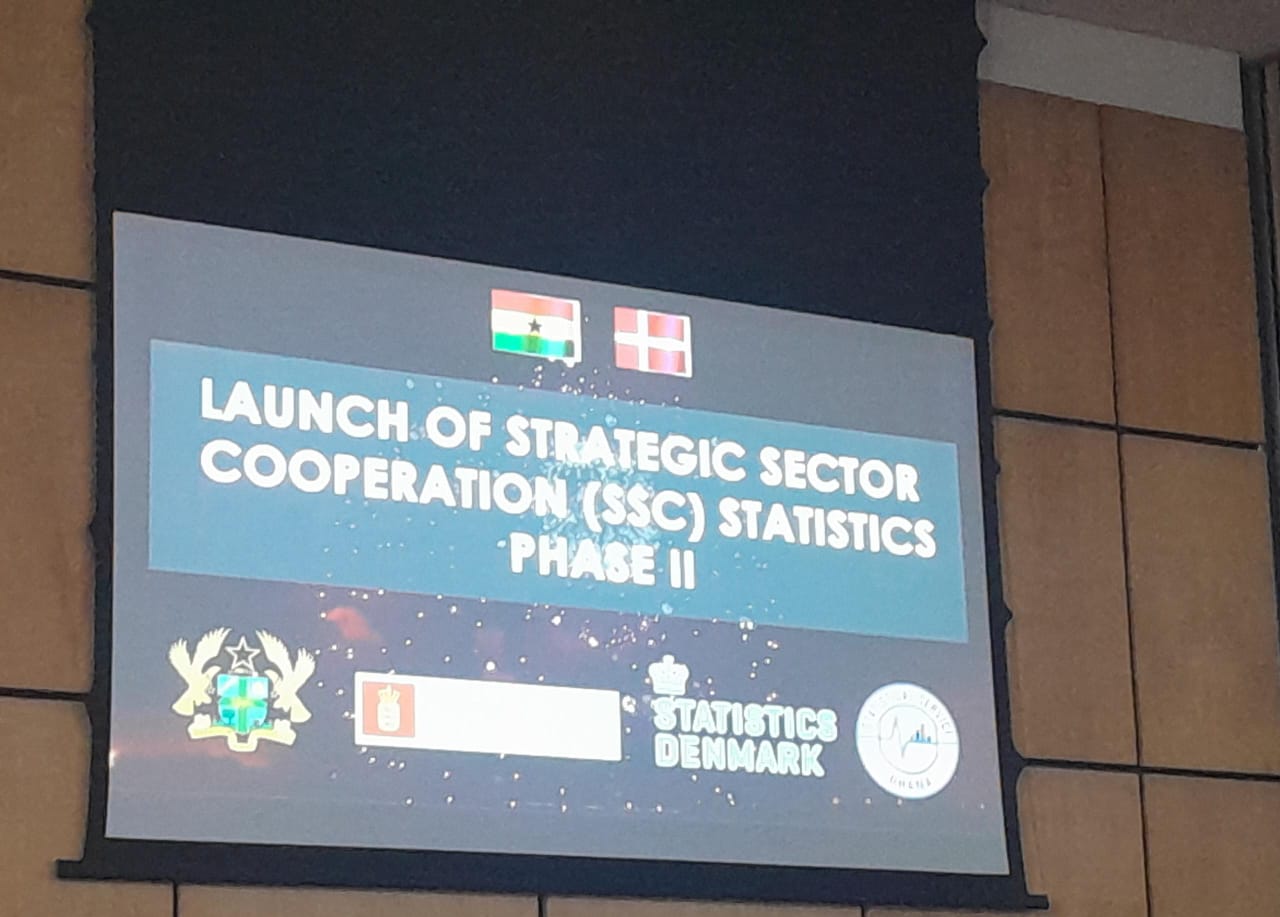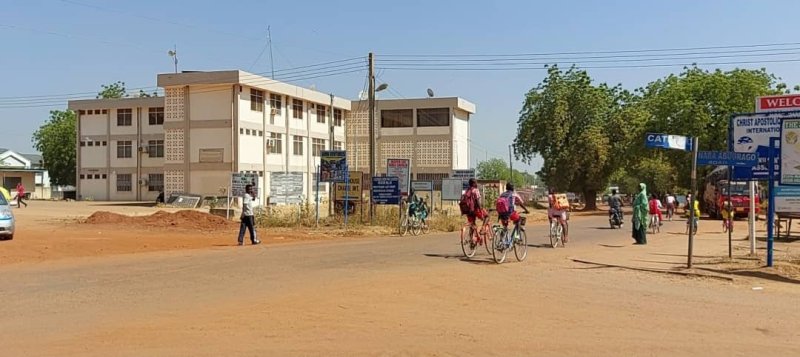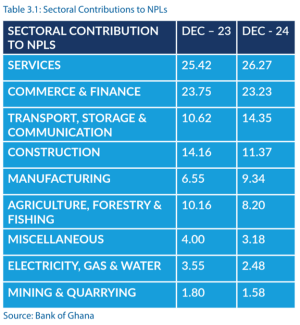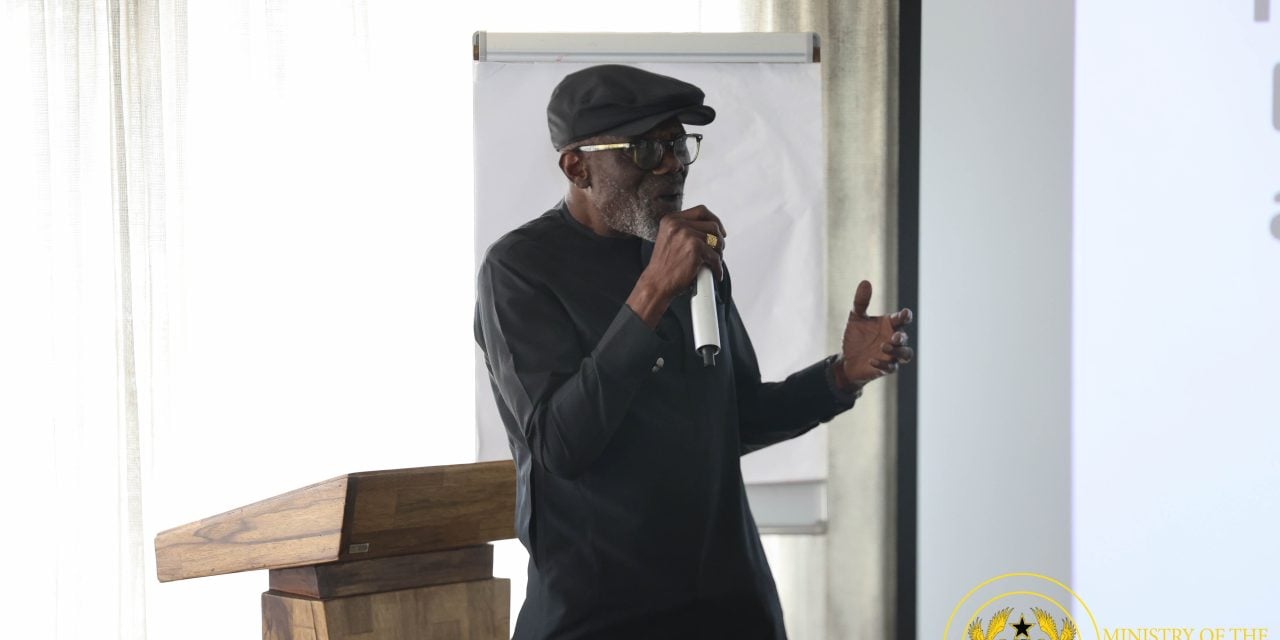
London — Department for International Development Ghana Country Director delivered a speech at the launch of Ghana's Business Regulation Reform Strategy Launch and BEEP Annual Review.
Honourable Minister and Deputy Minister of Trade and Industry Mr Chair - Tony Otteng Gyasi - [chair of BEEP Better Regulation Advisory Committee] Country Director of the World Bank Heads and representatives of Ministries, Departments and Agencies and other representatives of private sector institutions Members of the Press Corps, Ladies and Gentlemen
A very good morning to you all.
As Country Director for the UK's Department for International Development in Ghana, it is a pleasure to give remarks at the launch of the Ghana's Business Regulatory Reform Programme.
The UK Government has had a longstanding partnership with Ghana to help to improve the business-enabling environment for investment. As a development partner, DFID recognises the critical role of the private sector in creating jobs, supporting economic transformation and contributing to income growth and therefore poverty reduction. Creating the conditions for the private sector to do this through robust business regulation is key.
The Government of Ghana has set out both an admirable vision of Ghana 'beyond aid' and an ambitious economic transformation driven by industrialisation. Two weeks ago in London, the British Prime Minister met with His Excellency the President and noted that, as Ghana moves beyond aid, the UK-Ghana relationship is changing from one focused on aid to a partnership of mutual economic benefit.
Much of DFID's work is already supporting a Ghana "beyond aid":
Our Business Enabling Environment Programme works with the Government to take forward reforms around construction permits, support speedy dispute resolution and help to improve taxpayer services. The programme has supported a high level reform taskforce to begin work on cutting business regulation.
Our Anti-Corruption programme (STAAC) is working with state actors and civil society to strengthen Ghana's response to corruption.
Our Oil and Gas programme (GOGIG) is helping to improve institutional efficiencies in oil and gas regulatory institutions and ensure that revenues contribute to inclusive growth that benefits all Ghanaians.
And our support to Ghana Revenue Authority is providing technical assistance to broaden Ghana's tax base.
DFID is also currently designing a new programme to support key elements of the Government's industrialisation plan. The programme will focus on structuring investment promotion and requisite industrial policy to attract strategic trade and investment into priority industrial sectors.
Honourable Minister, I am delighted that you have laid out a compelling strategy for business reforms over the next three years with a focus on addressing system-wide issues.
I particularly concur with the elements of this strategy that focus on addressing the underlying challenges to reforms, so rationalising current business regulations whilst managing the quality and flow of new regulations. I would also like to commend Mr Chairman and the private sector on how you have engaged with the reform process initiated by the Government. The collective effort to identify unnecessary regulation and poor implementation of it demonstrates a real commitment to Ghana's reform agenda.
But we know that implementing regulatory reforms and making them stick will not be easy. Although Government is taking bold steps to become the most-business friendly nation in Africa by 2020, and Ghana is currently ranked as best in West Africa and 12th in Africa on the Doing Business index, the recent drop in Ghana's ranking needs to be a call to action.
Ghana is not alone in facing huge challenges in a reform journey. We in the UK have faced similar challenges. Indeed in the UK, 21,000 statutory rules and regulations were counted to be in force in 2014. Reform measures such as the one-in, one-out regime, transparency and consistency in the analysis of new regulations and making "intelligent regulation" a core competence for the UK Civil Service profession were introduced to drastically cut inefficient regulation.
As Ghana moves beyond aid and development partners switch emphasis from aid to trade, this is essentially the "final push" - we must take advantage of current resources and expertise to really secure and sustain reform gains. These gains have not always been sustained in the past.
For the UK's part, and as we transition from aid, the UK will partner with government to secure greater private sector investment flows and responsible investment, including from the UK, to support economic transformation focused on job creation.
Ghana's business regulatory reforms also need to support government to function efficiently and effectively to deliver on the ground and ensure that the private sector feels confident to invest. This requires sound regulatory frameworks and improved institutional efficiencies. Red tape needs to be firmly cut. From my conversations with potential British investors it is clear that unnecessary bureaucracy is still stifling the incentives for their businesses to invest in Ghana.
As tomorrow is the world Anti-Corruption Day, it seems fitting to mention the role that perceptions of corruption play in trade and investment decisions. Taking bold steps to tackle corruption will be central to improving Ghana's ranking on the ease of doing business index. This will require tackling the vested interests and resistance that otherwise will constrain the government's ability to deliver on the ambitious plans set out here today.
The UK is supporting the government to take forward the commitment they made at the London Anti-Corruption Summit last year on Beneficial Ownership Transparency. This will not only be an important transparency tool for law enforcement agencies - making it harder for companies to obscure or hide their real owners - but will also build confidence for foreign and domestic investors looking to do business in Ghana. Delivering on this would make Ghana a genuine trailblazer, the first country in Africa to establish a public register.
We know that the Government has put in significant work on reforms. Recent efforts on convening over 33 Government agencies around key reform issues, implementing paperless customs and online business registration are commendable. But in a world where other countries are also rapidly reforming to attract investment, Ghana must set the pace.
This afternoon a number of BEEP supported regulators and private sector will be meeting to review progress on reforms over the last year. We are looking to the outcome of these deliberations and the specific actions and commitments that are made for reforms in 2018 and beyond.
Ladies and Gentlemen, to conclude, Ghana needs to take further steps to remain "investor friendly" and demonstrate that Ghana is truly open for business. It is competing in a period where favourable conditions for investment flows to emerging markets are now tightening.
The size of the challenge - and the opportunity to really reform Ghana's business regulation - is huge.
Development partners including the UK and World Bank can help, but ultimately it will be up to Ghana to really shift the dial on reforms in order to provide a sounder enabling environment and regulatory framework for businesses to establish, flourish and contribute to Ghana's national development.
We wish you well on the "road to sustainable reforms".
Thank you.
SOURCE UK Foreign & Commonwealth Office
Read Full Story

















Facebook
Twitter
Pinterest
Instagram
Google+
YouTube
LinkedIn
RSS